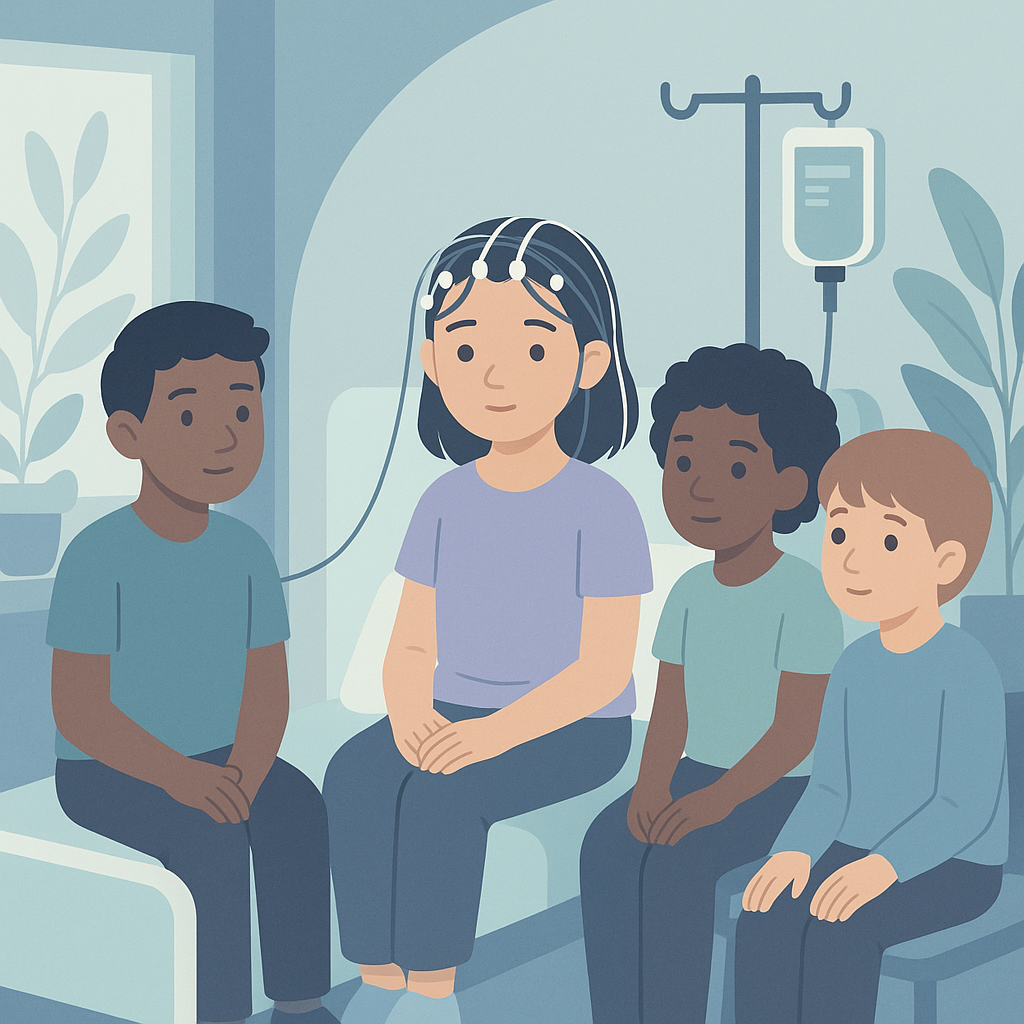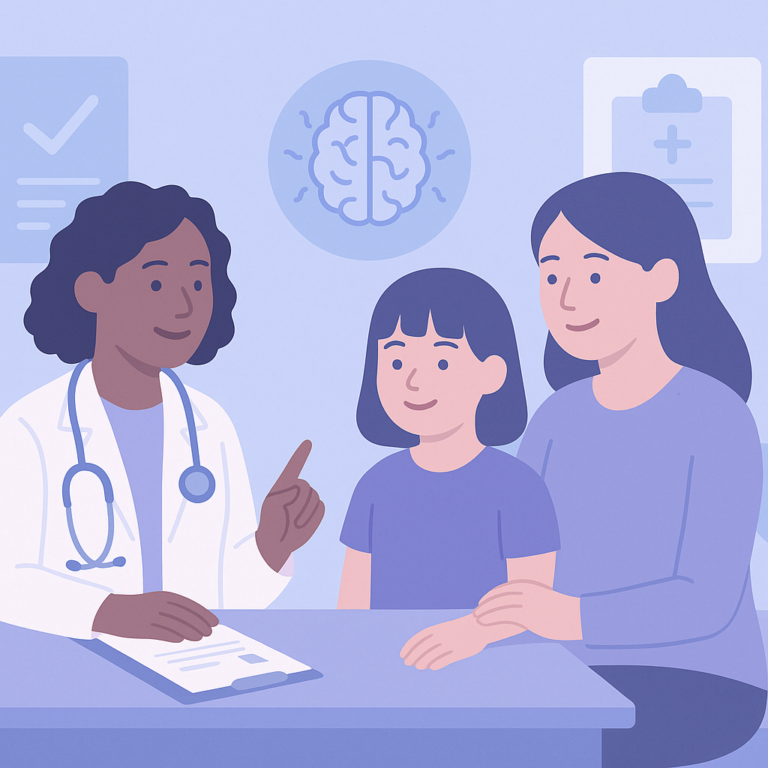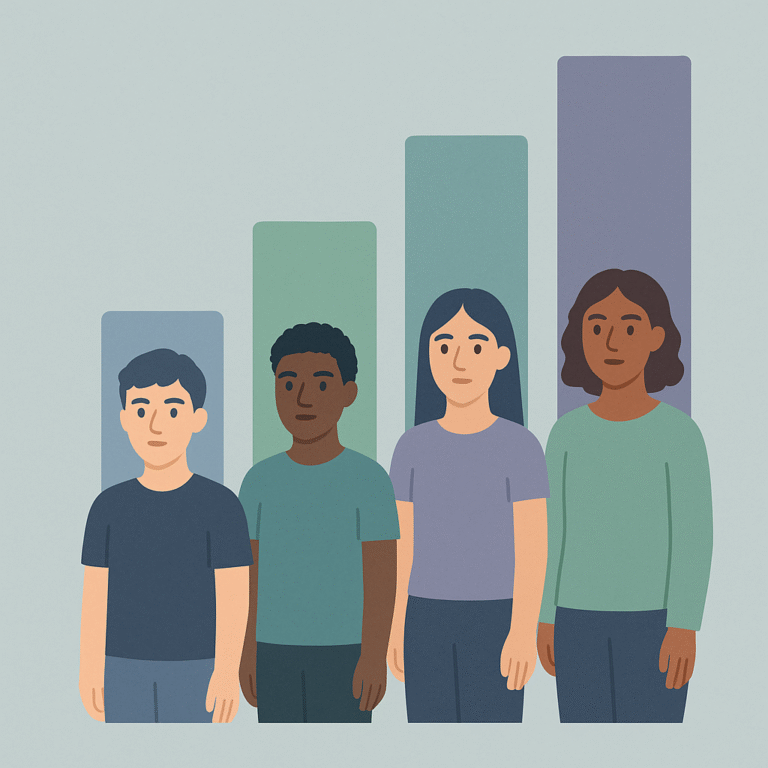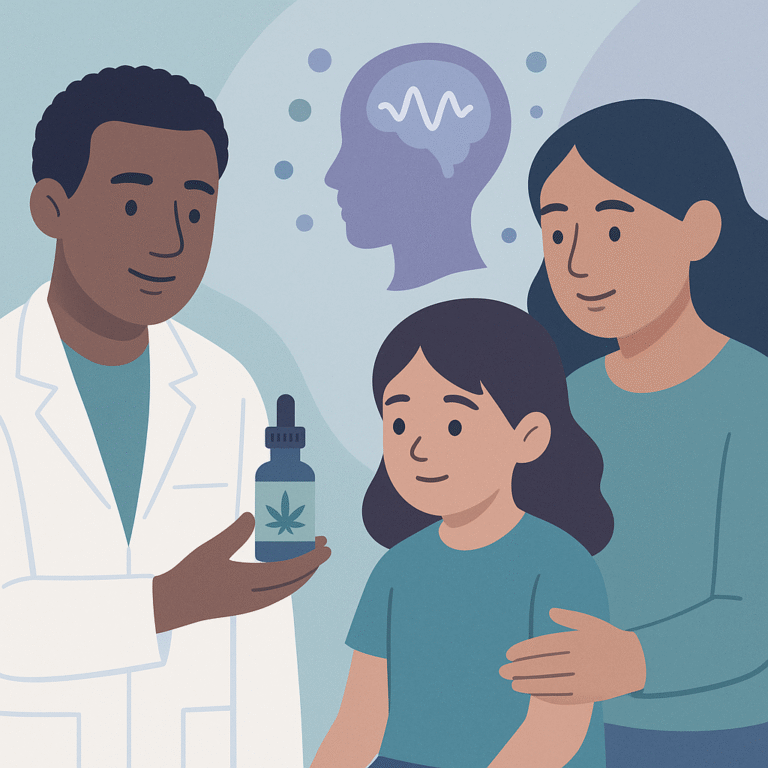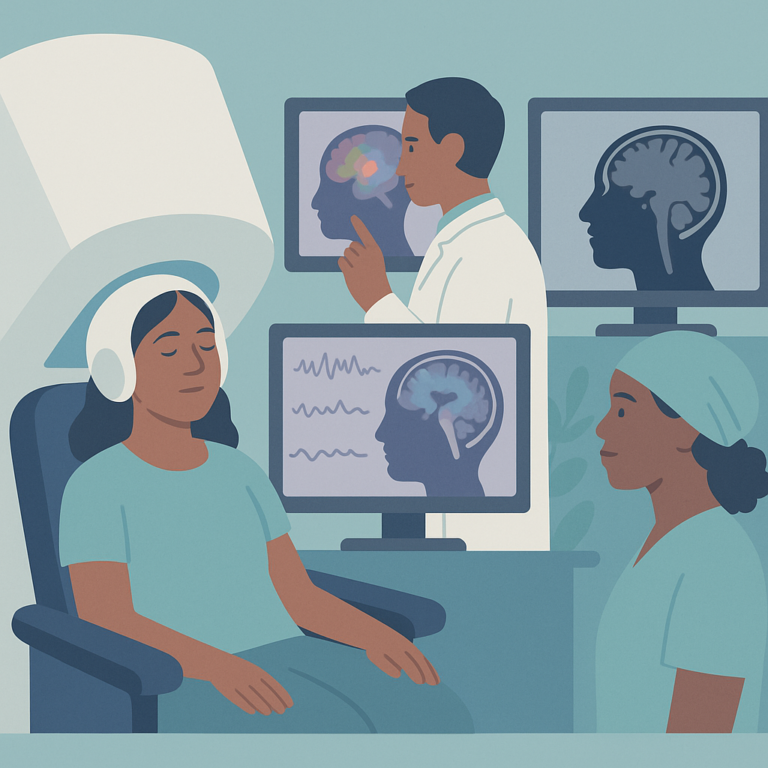Children’s Views on Long-Term Monitoring for Epilepsy
Source: Epilepsy & behavior : E&B
Summary
This study looked at how children aged 8 to 17 experience long-term video-electroencephalography monitoring (LTVEM), a procedure used to diagnose epilepsy when medications don’t work. Researchers interviewed 18 children who had recently gone through this monitoring process to understand their feelings and thoughts about it. This research is important because it is the first to focus specifically on children's perspectives during this challenging medical experience.
The key findings showed that, rather than feeling overwhelmed or scared by the monitoring, many children felt hopeful about getting a diagnosis and controlling their seizures. They recognized the discomfort of being in the hospital, such as having trouble sleeping and feeling restrained, but this discomfort was outweighed by their desire for better health. Children also emphasized the importance of having a guardian with them for emotional support, which helped them feel safer during the process.
These findings are significant because they highlight how children cope with medical procedures and what they need to feel secure. Understanding their experiences can help doctors and healthcare providers create better care plans that focus on the needs of young patients. However, the study has limitations, such as a small number of participants, which means more research is needed to fully understand the experiences of all children undergoing LTVEM.
Free: Seizure First Aid Quick Guide (PDF)
Plus one plain-language weekly digest of new epilepsy research.
Unsubscribe anytime. No medical advice.